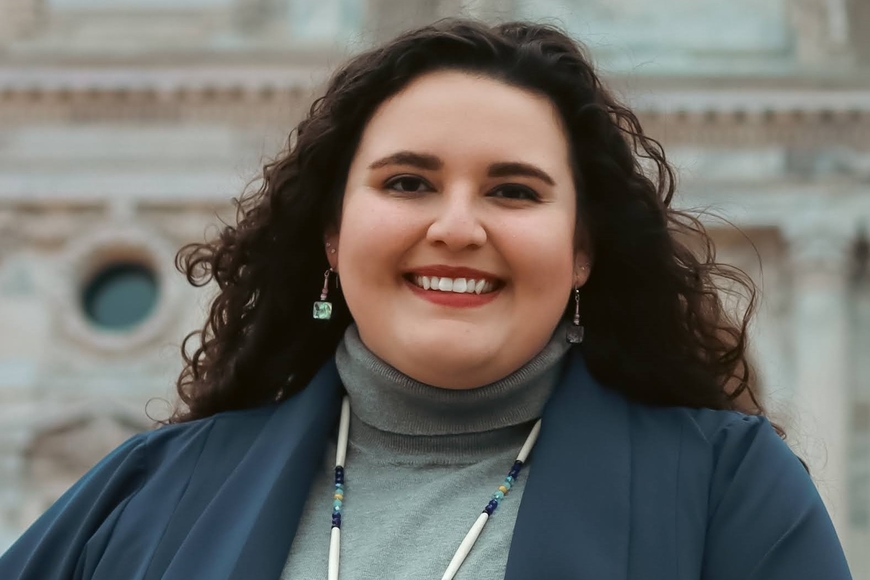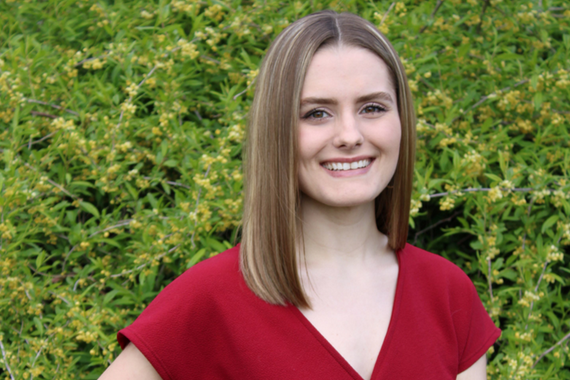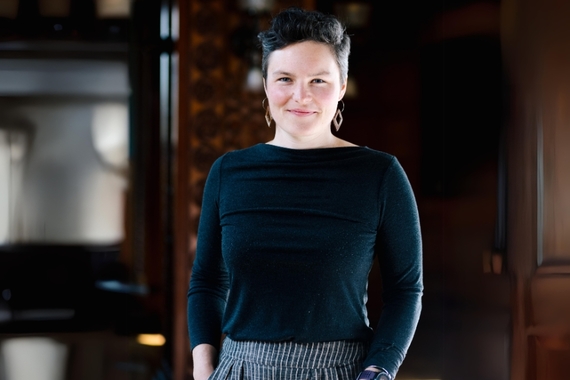Alumni Profile: Tianna Odegard (M. HSPH '20)
Why did you choose HSPH?
I chose to Master’s of Heritage Studies and Public History because of the interdisciplinary approach they developed and have implemented. The Heritage Students and Public History Master's program is truly unique and elevated above other graduate level programs because of the network, community collaboration, and research opportunities. Each HSPH faculty member brings many years of experience into the classroom. After I attended a prospective students event, I was told how HSPH faculty will go above and beyond to advocate for student projects and I saw how much this newly developed program invigorated the faculty bringing new purpose to their work.
What do you do in your current position?
Currently, I am completing my Juris Doctor at Mitchell Hamline School of Law (MHSL). In particular, I am pursuing the Health Law and Health Care Compliance certificates at MHSL. Following graduation, I hope to work as regulatory compliance officer or as in-house counsel at a healthcare organization. I am passionate about protecting patient safety and ensuring that the appropriate standard of care is met.
While pursuing my J.D., I have interned as a law clerk for two Native American judges. In the summer of 2023, I interned with Judge Terri D. Yellowhammer at the Fourth Judicial District in Hennepin County. In the summer of 2024, I interned with Judge Lenor Scheffler Blaeser at Upper Sioux Community Tribal Court. Then, in the fall of 2023, I was an Tribal State Relations intern for the Office of Governor Tim Walz & Lt. Governor Peggy Flanagan.
In what ways did the HSPH program prepare you for your current position?
Obtaining a J.D. and working in the legal field as a Native American woman is challenging because legal institutions and the legal profession in general were built and designed to exclude people like me. Therefore, I use the tools that the HSPH program has taught me on a daily basis to acknowledge and contextualize the history and founding of the legal system of this country and then advocate for change inside and outside of the classroom.
HSPH places a strong focus on working with community partners to uplift their efforts for changing narratives and to decolonize institutional spaces. Thus, I have been able to work alongside my fellow MHSL classmates, MHSL affinity student groups, MHSL alumni, MHSL faculty, and community partners to collectively develop strategies and supportive programming to make law school and the legal profession more accessible and diverse. Change is a slow process, but always remember that no effort is wasted!



